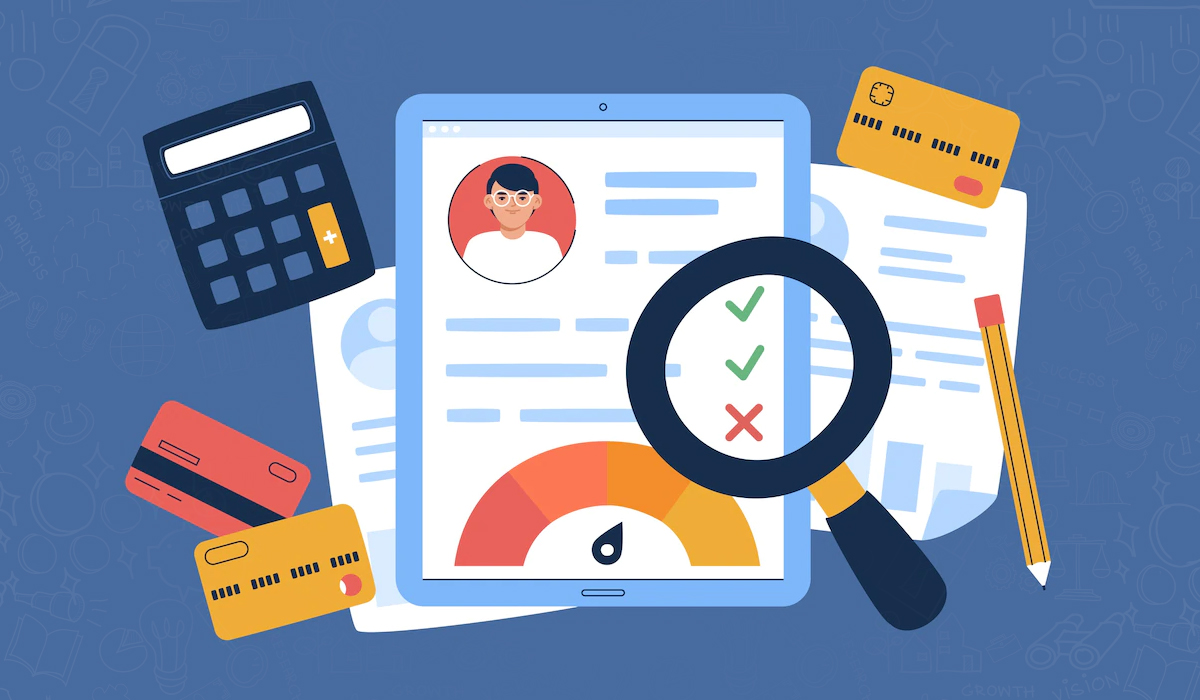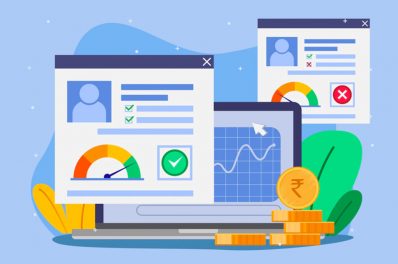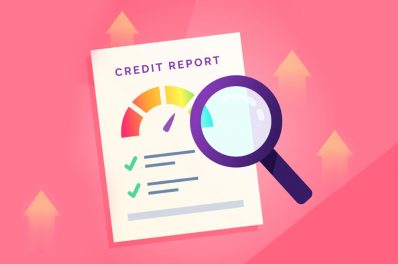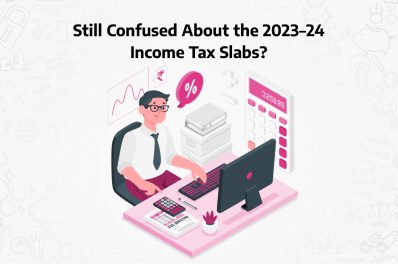
Your CIBIL score has a vital role to play in your financial life. Simply put, a financial institution will lend you any kind of secured or unsecured loan only if you have maintained a good score of 630 or above. You may feel the impact of your score when you apply for a loan, credit card, or any other credit type.
Undoubtedly, your CIBIL score makes a significant impact on your credit health. Hence, maintaining it above 630 is crucial. Let’s understand what it entails and the 7 biggest blunders that you need to avoid.
What is CIBIL Score?
The CIBIL score is a 3-digit number that is a numerical representation of your creditworthiness and repayment capacity. Your credit duration, payment history, and other factors largely impact your score. TransUnion CIBIL is a credit bureau that is responsible for evaluating your credit habits and giving you this score. Their CIBIL score calculation is widely regarded by lenders all across India. The score ranges from 300 to 900, in which the higher score can help you get the best deals on loans and credit. Generally, a score of 630 or above is deemed as good.
Now, dive deeper to look at the 7 biggest blunders that you need to avoid.
1. Irregular Repayment Behaviour
Your repayment behaviour has the biggest influence on your CIBIL score calculation. According to a CIBIL report by Financial Express, delaying your payment by 30 days may reduce your CIBIL score by as much as 100 points. Therefore, avoid missing your payments and ensure that you always pay your loan EMIs and credit card bills on time.
2. Maintaining High Credit Utilisation Ratio
The credit utilisation ratio is the percentage of your available credit limit you often use up. If you constantly maintain a high credit utilisation ratio, it may have a negative impact on your score. Experts suggest that you should not use more than 30% of the credit limit available to you. A high credit utilisation ratio indicates that you are a credit-hungry borrower. As a result, no other lender will agree to trust you for money.
3. Not Checking Your CIBIL Report Regularly
Your CIBIL report contains detailed records of your credit history and repayments. Although there are experts who enter your details and do your CIBIL score calculation, there are chances that your report may contain errors. Such errors in your report may hold your CIBIL score down due to no fault of yours.
Therefore, it is crucial to check CIBIL score regularly. Whenever you notice an unexpected dip in your score, request a copy of your CIBIL report and scan it thoroughly to identify any such errors. If there are any, bring them to your lender’s notice immediately and dispute them with CIBIL to get them resolved.
4. Multiple Loan Applications within a Short Period
Whenever you apply for a loan, the lender pulls up your credit report and makes a hard inquiry. If you apply for multiple loans within a short period, they lead to several hard inquiries on your credit report and lead to an adverse effect on your CIBIL score. Each hard inquiry results in a slight drop in your score, and too many of them lead to a significant change.
Besides that,too many loan applications pose you as a credit-hungry borrower who the lenders may not trust for money. Hence, avoid making several loan applications at a time. Research and compare well before finalising a lender and apply for one that best suits your requirements, eligibility, and budget.
5. Not Maintaining Diversity in Your Credit Profile
Over time, you might have developed a habit of taking only one type of credit. However, that is not the right approach for your credit health. You should maintain a healthy combination of secured, unsecured, short-term, and long-term loans in your credit profile. Doing this improves your score, as it implies that you can manage different types of loans responsibly.
6. Not Having Enough Credit History
Your credit history refers to the number of years that passed since your first credit application. Lenders often prefer an individual with a long credit history dating back in time to approve a credit card or loan application. Hence, focus on building your credit history for as long as possible. That is why experts recommend starting building credit as soon as you start earning or even before that. By the time you need credit to make a big-ticket expense, you would have built enough credit history to show to your lender.
7. Closing Old Accounts
As you move ahead with your finances, you may neglect your old cards and accounts. After some time, you may decide to close them down. However, remember, your old accounts have your credit history associated with them. When you close them, you shorten your credit history and lose their credit limit. If you have an account or card that you no longer use, don’t close it. If you want to get rid of some cards, close newer ones first instead of the old ones. Even if you do not use them, they are playing their role by lengthening your credit history.
Also Read: Easy Way to Increase Your Credit Score in India
Now that you have identified the blunders that may reduce your CIBIL score, make sincere efforts to always maintain the best credit behaviour. Check CIBIL score regularly and get an idea of your financial position and health. Keeping a tab of your score is as crucial as having healthy financial behaviour.
Meanwhile, check out the different loan types offered by Clix Capital ,including personal loans, and business loans. If you have a good credit score, you can apply for our loans, provided that you meet our other eligibility requirements. Take advantage of our easy application and fast approval system to get the funds you want at the right time.







